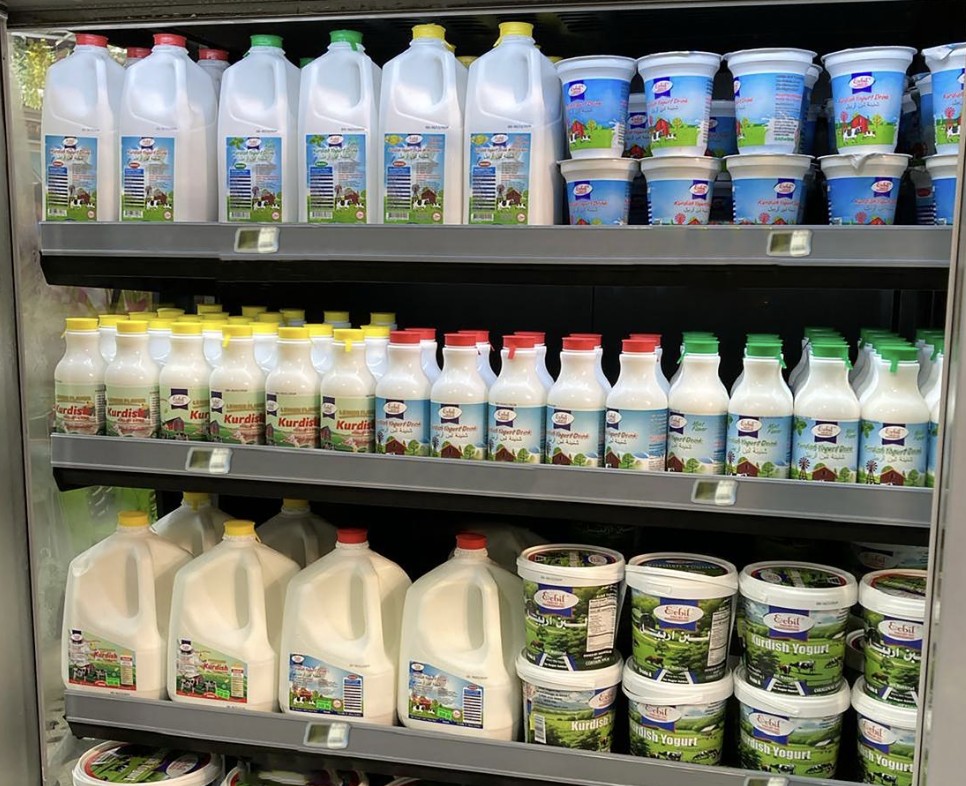Dates, those luscious fruits cradled by palm trees, have been cherished throughout history for their unparalleled nutritional richness and associated health benefits. Across the ages, these delectable fruits have become an indispensable part of daily life. Within the rich tapestry of date varieties, ‘Black Clove’ or ‘Golden Black’ dates speak to the Kurdish heritage in the city of Mandali, boasting a taste so unique that it has earned international acclaim.
Mandali
Nestled along the Iraq-Iran border, Mandali stands as a Kurdish city within disputed territories. Despite its predominantly Kurdish population, the city is a melting pot, with significant Arab and Turkmen communities. Spanning 58,400 hectares, with 36,000 hectares devoted to agriculture, Mandali showcases orchards adorned with traditional mud walls, some dating back 200 years. These historic mud walls, weathered but resilient, contribute to the city’s timeless charm, harmonizing perfectly with the majestic date palms that grace its orchards.
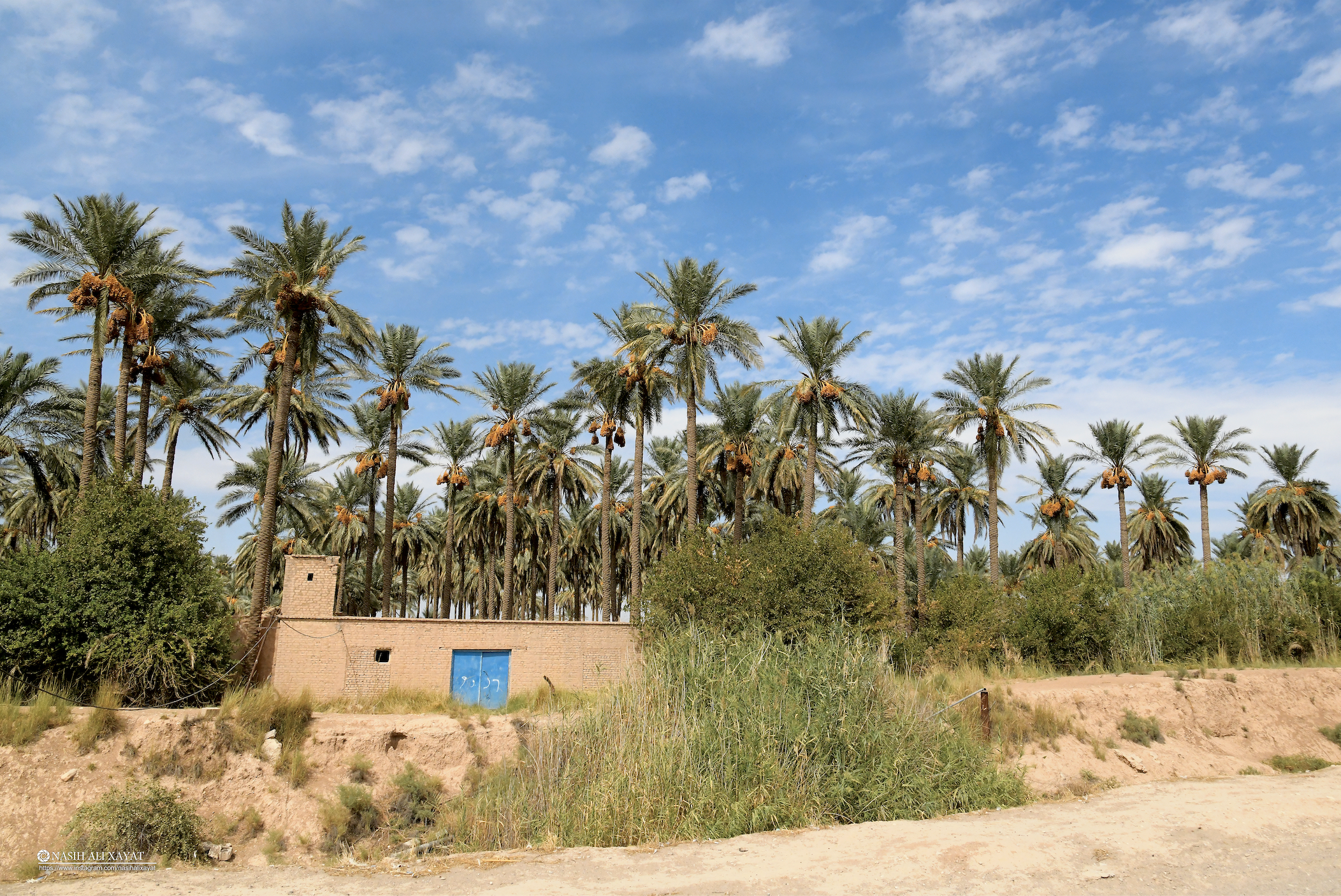
The enigma of Black Clove dates
Cultivated exclusively in Mandali, the Black Clove date is a marvel distinguished by its cone-shaped form, averaging 2 centimeters in length and width. What sets this variety apart is not just its physical attributes, but also its inherent sweetness, making it a culinary gem suitable even for those with health conditions like diabetes. With only 15% of the fruit constituting the pit, the remaining 85% is a delectable treat. The name “black gold" is aptly bestowed, reflecting both its distinct clove flavor and scarcity. Despite attempts to cultivate the fruit elsewhere, Mandali retains its status as the sole sanctuary for the Black Clove date, owing to its sandy, well-drained soil and a climate uniquely conducive to their growth.
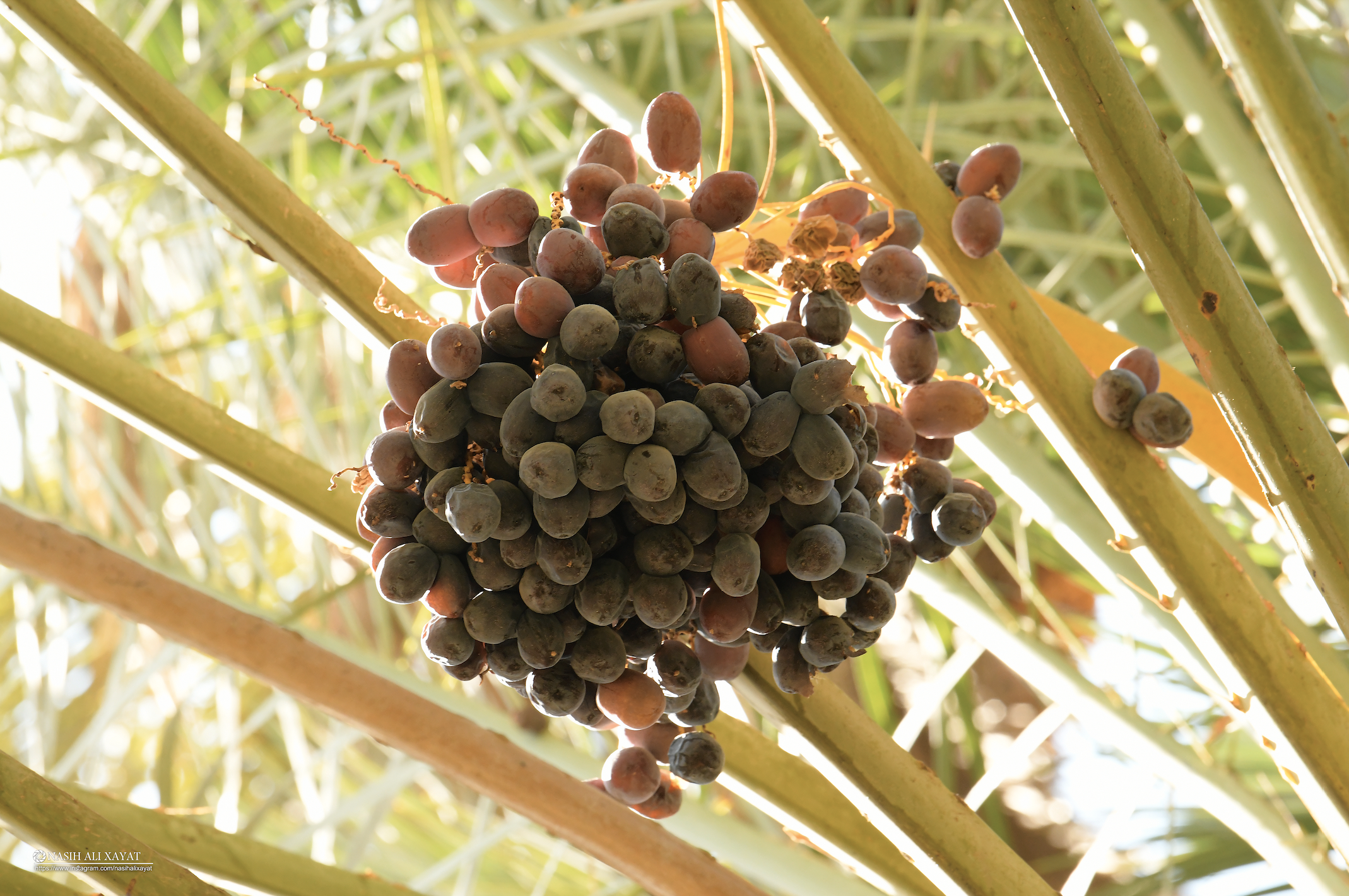
Culinary significance and cultural traditions
Consumed fresh and dried, the dark purple fresh dates and dark black dry dates are emblematic of Mandali’s culinary identity. While dry Black Clove dates are not preferred for syrup production due to their high cost and dark color, they hold a special place in Iraqi households. Beyond mere sustenance, they are offered to guests as an alternative to chocolate, a tradition deeply ingrained in Mandali’s cultural fabric.
Historical decline and resilient revival
The 1960s and 1970s witnessed an increase in the cultivation of palm trees, including the prized Black Clove date trees, in Mandali. However, the onset of war in the 1980s led to a period of decline marked by displacement, water scarcity, orchard burnings, and neglect. The repercussions were felt for 35 years, with clove date production coming to a halt. It was not until 2000, with the return of residents and the infusion of modern agricultural practices, that the cultivation of Black Clove dates experienced a revival. By 2010, Mandali’s orchards were once again teeming with life, yielding a remarkable 70% increase in date production compared to previous years.
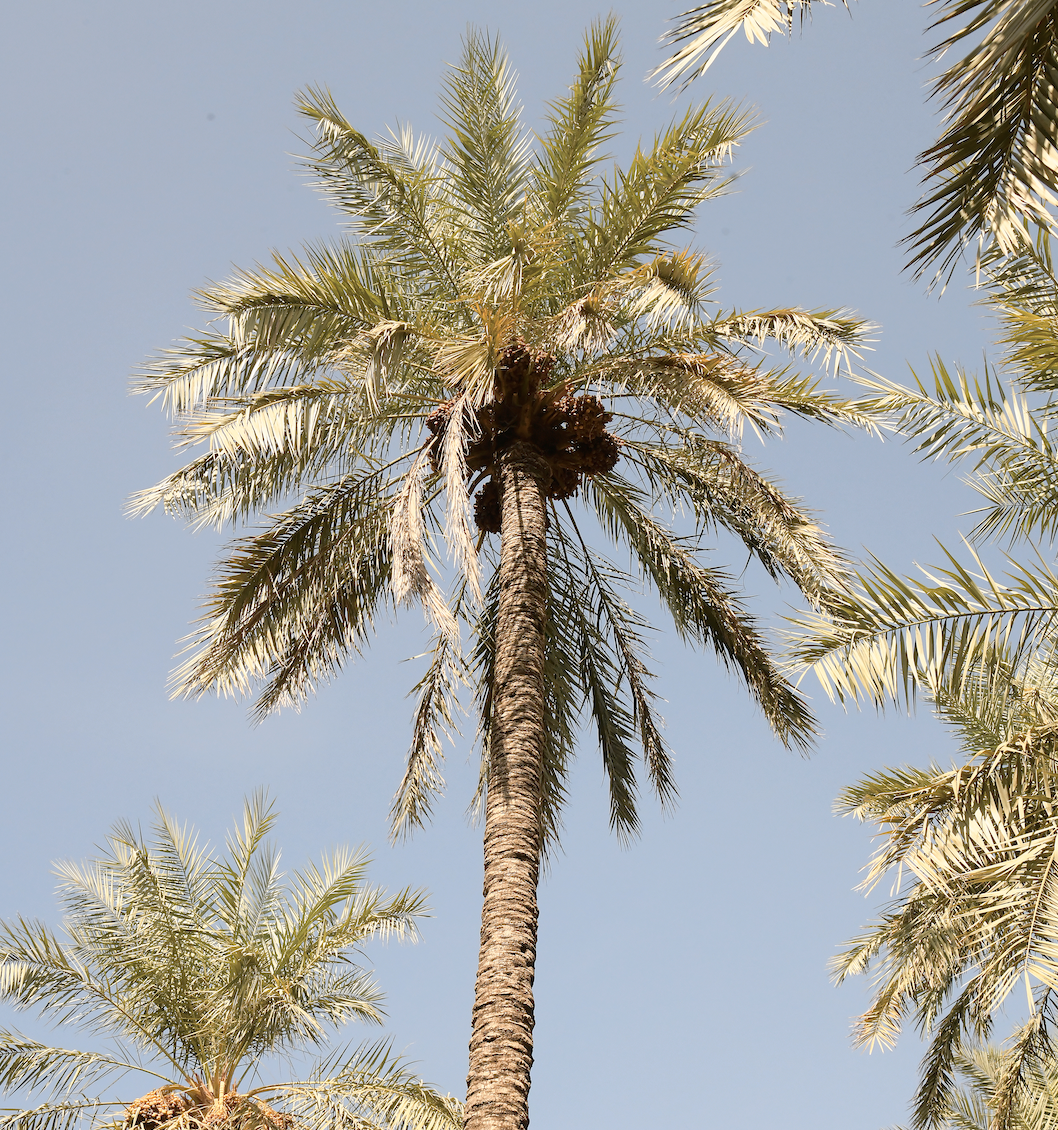
Cultivation and economic significance
The cultivation of Black Clove dates is a meticulous journey from planting to harvest. Fossils, or seedlings, are separated from mother palm trees at the age of 4 to 5 years, ensuring a comprehensive root system for a successful cultivation rate of 100%. Carefully planted in soil, these palm trees start bearing fruit after five years, with mature trees capable of producing between 100 to 175 kg of dates annually. The annual pollination process, occurring from March to April, is a crucial phase in the lifecycle of Black Clove date palms. The dates change colors, from green to dark purple and finally to dark black, reaching their peak ripeness by October.
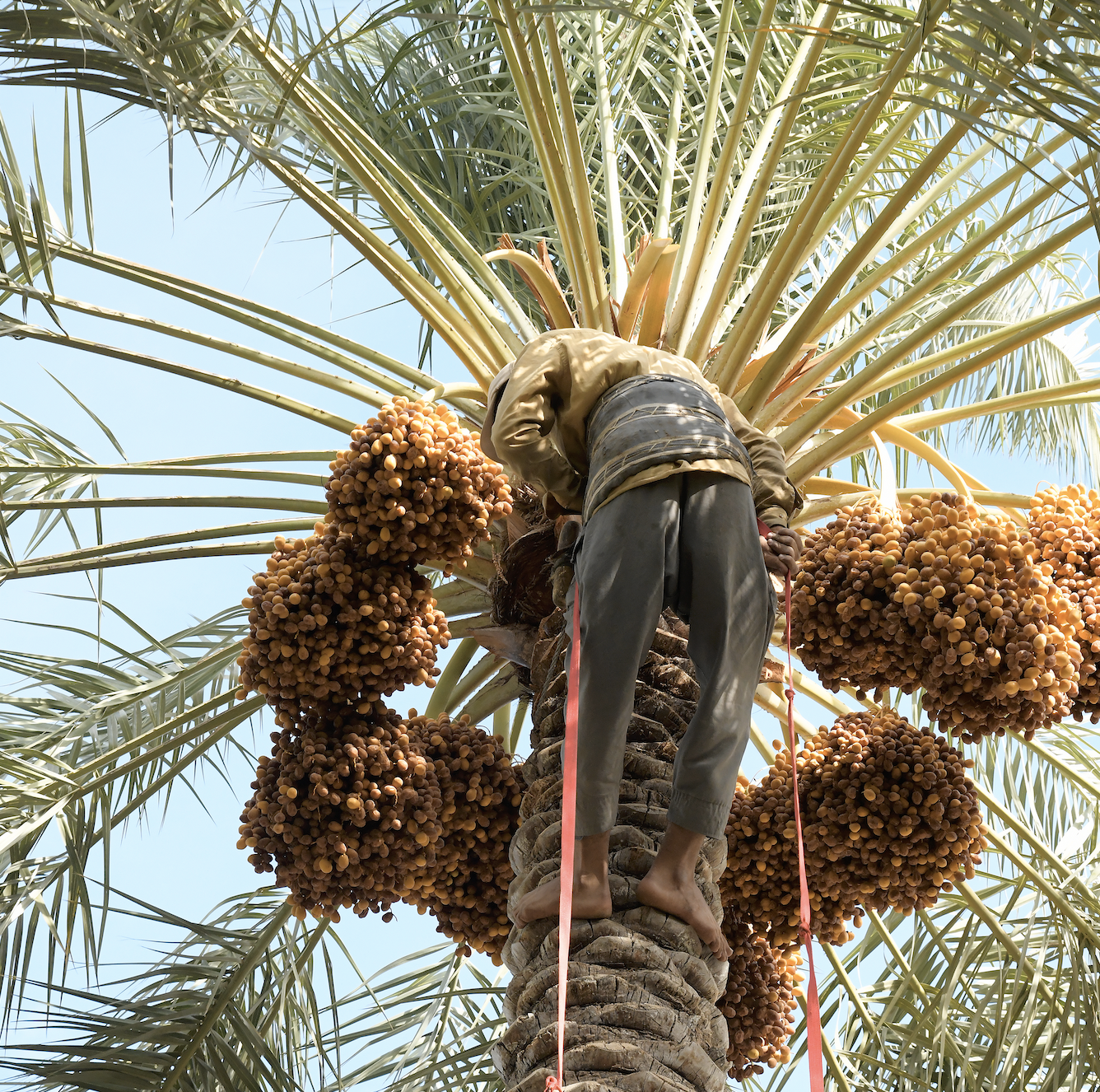
Economic value and future prospects
Beyond their culinary allure, Mandali’s date palms also provide leaves that play a crucial role in sustaining traditional crafts. Collected from December to February, these dried leaves find new life as mats, baskets, brooms, fans, and even essential components for housing. Looking ahead, orchard owners in Mandali envision a promising future for the Black Clove date industry. By 2030, they anticipate an average annual production exceeding 15 tons, a testament to their commitment to preserving their cultural heritage and culinary excellence.
In the heart of Mandali, where the past intertwines with the present, the story of Black Clove dates unfolds—a story of resilience, cultural pride, and culinary mastery. As the city looks toward the future, it does so with the determination to safeguard its heritage and share the unique flavors of Black Clove dates with the world.
Fatima Qassem is a journalist, artist, poet, and art designer who has organized numerous art exhibitions in both the Kurdistan Region and international locations.

